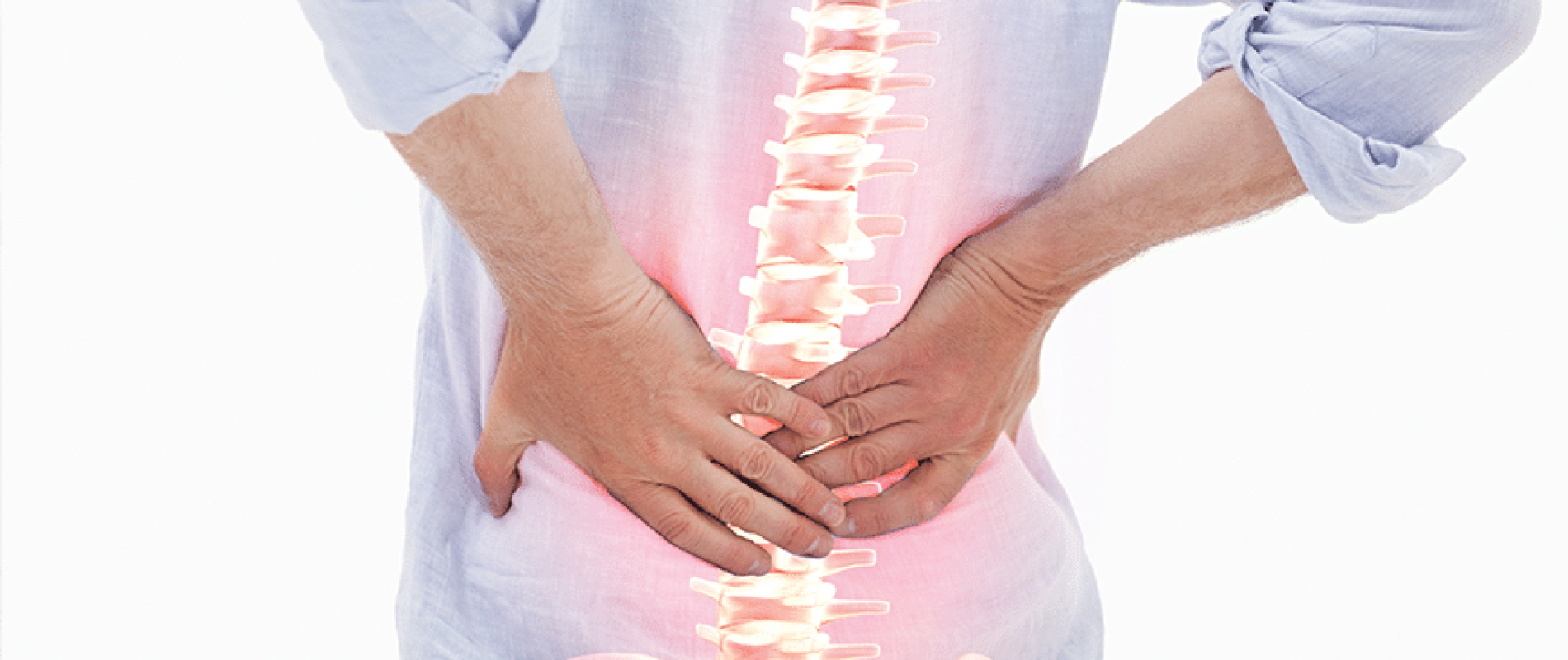- OUR CENTRE'S ->
- APTE ROAD, DECCAN
- SHANIWAR PETH
- PUNE STATION
- KHARADI
- NIGDI, PCMC
- HADAPSAR
- Call us: +91 8390442266

There typically are no symptoms in the early stages of bone loss. But once your bones have been weakened by osteoporosis, you might have signs and symptoms that include:
our bones are in a constant state of renewal — new bone is made and old bone is broken down. When you’re young, your body makes new bone faster than it breaks down old bone and your bone mass increases. After the early 20s this process slows, and most people reach their peak bone mass by age 30. As people age, bone mass is lost faster than it’s created.
How likely you are to develop osteoporosis depends partly on how much bone mass you attained in your youth. Peak bone mass is partly inherited and varies also by ethnic group. The higher your peak bone mass, the more bone you have “in the bank” and the less likely you are to develop osteoporosis as you age.

Osteoporosis causes bones to become weak and brittle — so brittle that a fall or even mild stresses such as bending over or coughing can cause a fracture. Osteoporosis-related fractures most commonly occur in the hip, wrist or spine. Bone is living tissue that is constantly being broken down and replaced. Osteoporosis occurs when the creation of new bone doesn’t keep up with the loss of old bone.
There typically are no symptoms in the early stages of bone loss. But once your bones have been weakened by osteoporosis, you might have signs and symptoms that include:
our bones are in a constant state of renewal — new bone is made and old bone is broken down. When you’re young, your body makes new bone faster than it breaks down old bone and your bone mass increases. After the early 20s this process slows, and most people reach their peak bone mass by age 30. As people age, bone mass is lost faster than it’s created.
How likely you are to develop osteoporosis depends partly on how much bone mass you attained in your youth. Peak bone mass is partly inherited and varies also by ethnic group. The higher your peak bone mass, the more bone you have “in the bank” and the less likely you are to develop osteoporosis as you age.
A number of factors can increase the likelihood that you’ll develop osteoporosis — including your age, race, lifestyle choices, and medical conditions and treatments.